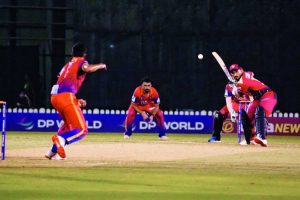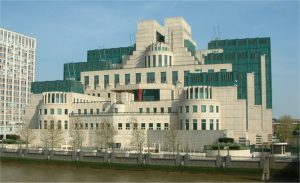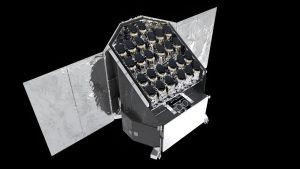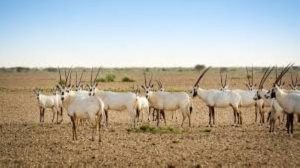Hard work is underway inside the model farms established by the Sinai Development Authority within the valleys and Bedouin communities of the South Sinai desert, as the Barhi date harvest season begins. Joy filled the faces of workers during the picking process.
The workers confirmed that the development authority’s farms are oases beautifying the South Sinai desert, with their colors changing as each crop ripens. Currently, they are adorned with an amber yellow color, characteristic of Barhi dates, which are distinguished by a unique taste and color compared to other date varieties, in addition to their high economic value. They noted that this crop benefits the valley residents in particular and South Sinai citizens in general.
Sharif Abdelmonem, Head of the South Sinai Development Area, said that the Barhi date harvest is underway at the “Wadi Tal” farm, one of the model farms established by the Development Authority in South Sinai Governorate. The farm aims to achieve self-sufficiency in agricultural crops and provide job opportunities for the residents of valleys and Bedouin communities. A free share of all crops is allocated to the inhabitants of these valleys, implementing directives from Major General Wael Mustafa, Executive Head of the Sinai Development Projects Authority, and Dr. Khaled Mubarak, Governor of South Sinai.
He explained that the “Wadi Tal” farm was established on an area of 37 feddans, including 21 feddans of olive trees, 558 Barhi date palms, and 138 Medjool and local date palms, totaling 696 date palms. The farm also includes a sheep farm, a fish farm, and 20 greenhouses. The authority is keen to expand the cultivation of Barhi date palms as they are among the finest and most expensive types of dates in Egypt and the Arab world.
The productivity of Barhi date palms in the development authority’s farms is high this year. Part of the production is sold to citizens through outlets affiliated with the development area across all cities of the governorate at prices about 20 Egyptian pounds less per kilo than the market price, easing the burden on citizens.
He pointed out that this year’s Barhi date crop achieves self-sufficiency, and the surplus is exported due to the high quality of the organic crop. The total number of model farms established in South Sinai is 13, with 5 feddans of Barhi date palms planted in each farm, bringing the total area of these trees to about 65 feddans.
Engineer Mohamed Abdelhamid from the South Sinai Development Area said that the Barhi date crop is eagerly awaited by the governorate’s residents every year, especially since it is sold at reduced prices compared to markets through the development area’s outlets. Citizens are keen to buy large quantities, and the dates can be stored in refrigerators without reducing their nutritional value or the concentration of sugars that characterize this type.
He explained that the harvesting of the “rutab” (soft) Barhi dates is ongoing at the Wadi Tal farm, followed by the harvesting of the yellow dates, which are favored by many citizens due to their amber color. The soft and yellow dates are sold at different prices.
He noted that Barhi dates have a high economic value as they are expensive and highly productive. The yield per tree ranges between 120 to 150 kilograms, depending on the tree’s age and care. Additionally, profits come from the new offshoots produced by each tree, especially since the price of one offshoot has reached 4,000 Egyptian pounds. Therefore, farmers in South Sinai are keen to expand the cultivation of Barhi date palms.













Recommended for you
Talib Al-Rifai Chronicles Kuwaiti Art Heritage in "Doukhi.. Tasaseem Al-Saba"
Exhibition City Completes About 80% of Preparations for the Damascus International Fair Launch
Unified Admission Applications Start Tuesday with 640 Students to be Accepted in Medicine
Egypt Post: We Have Over 10 Million Customers in Savings Accounts and Offer Daily, Monthly, and Annual Returns
His Highness Sheikh Isa bin Salman bin Hamad Al Khalifa Receives the United States Ambassador to the Kingdom of Bahrain
Al-Jaghbeer: The Industrial Sector Leads Economic Growth